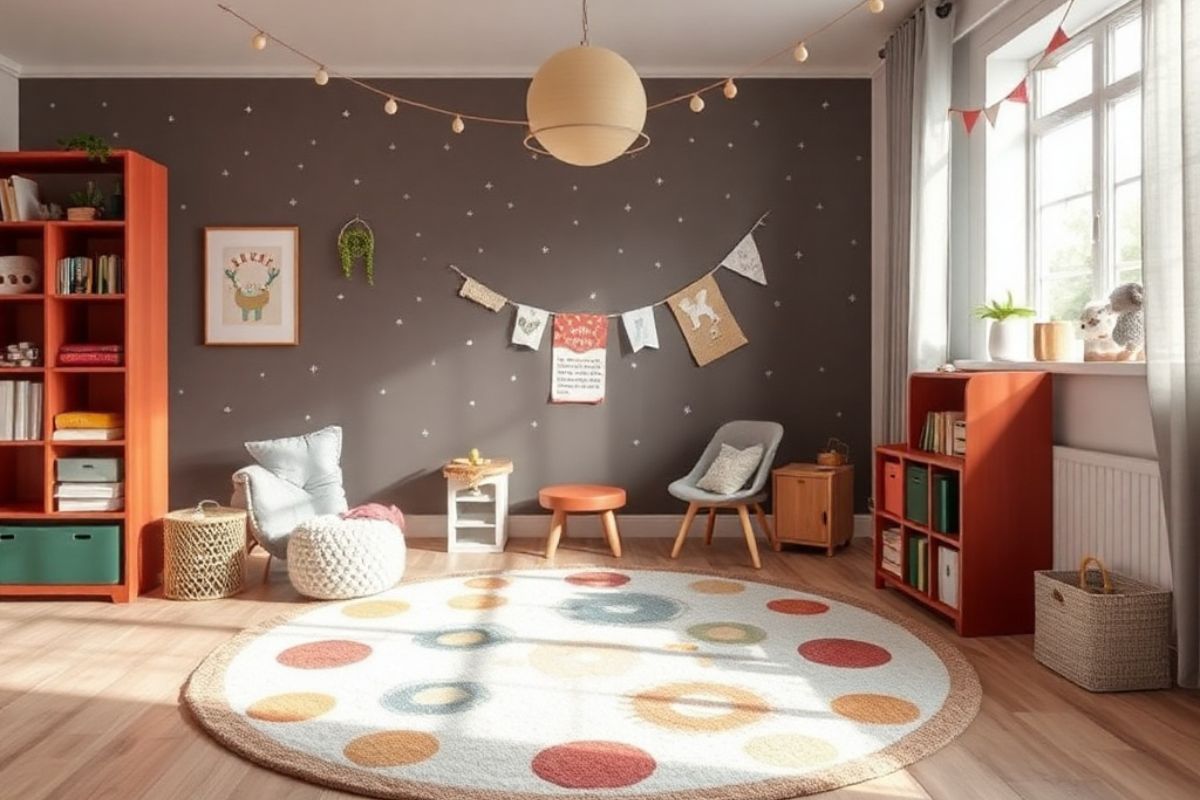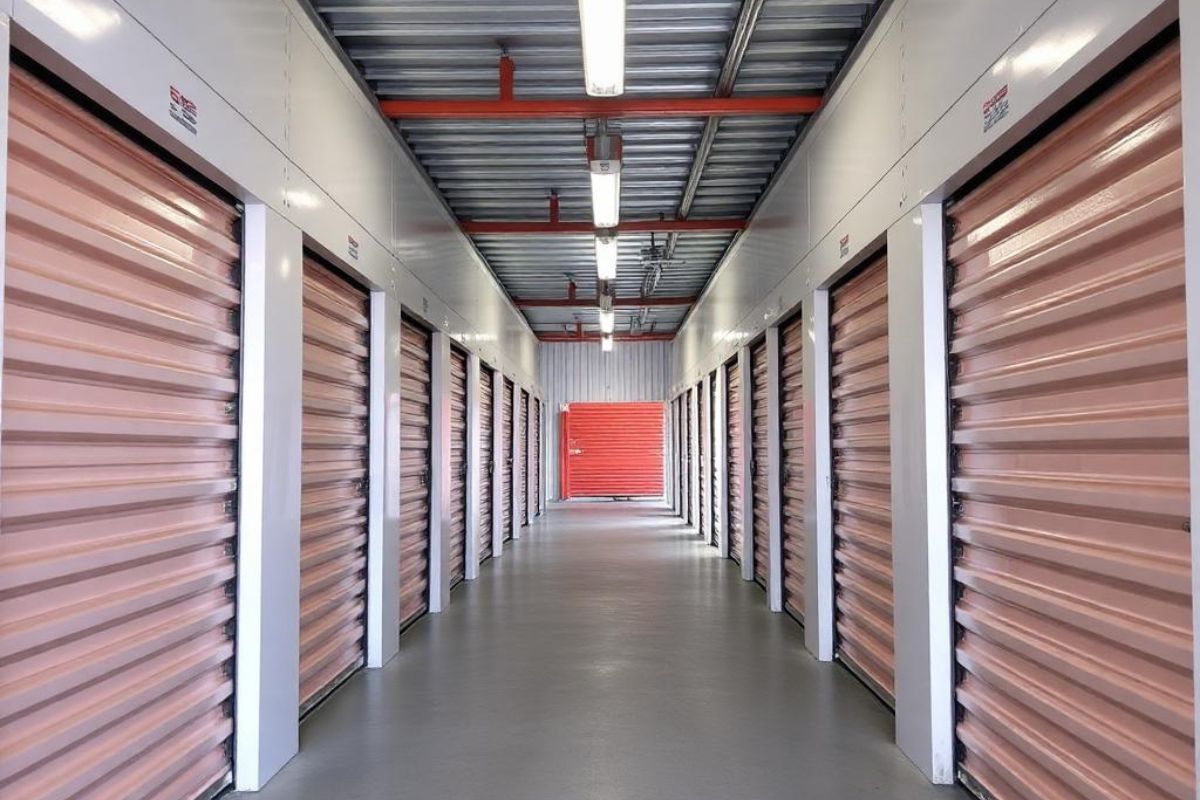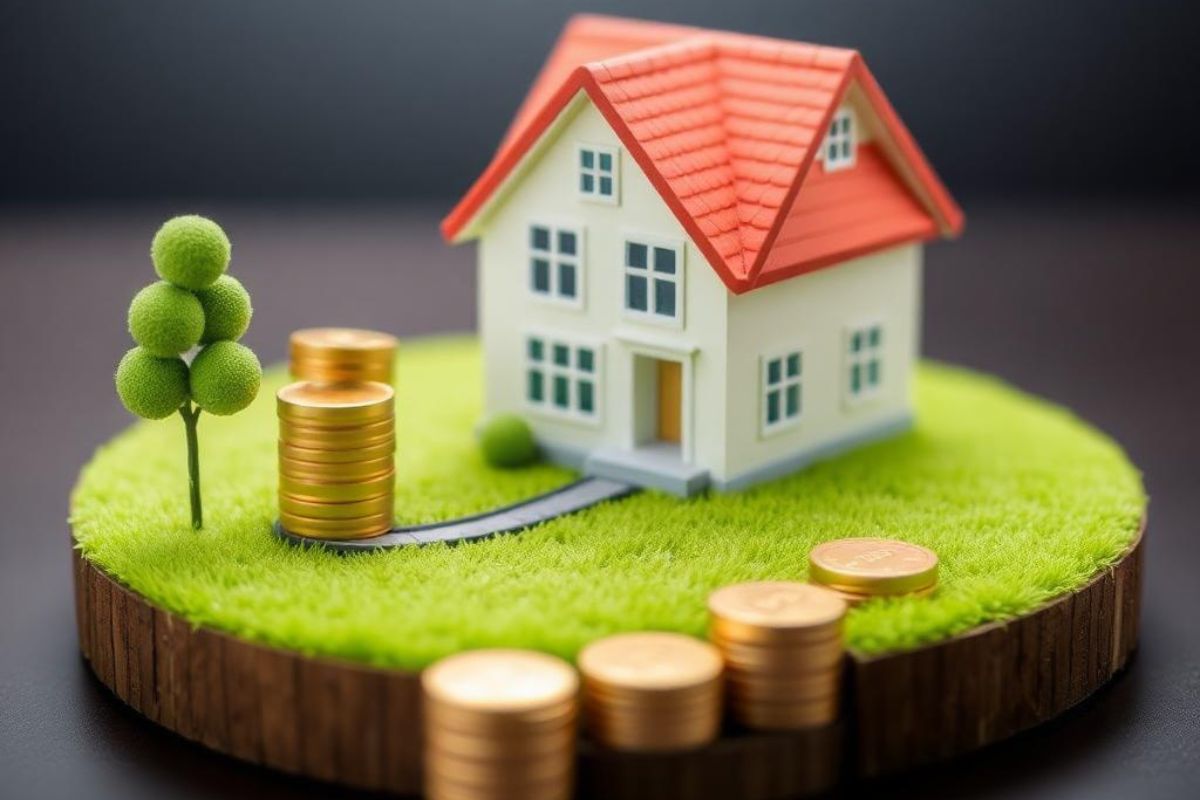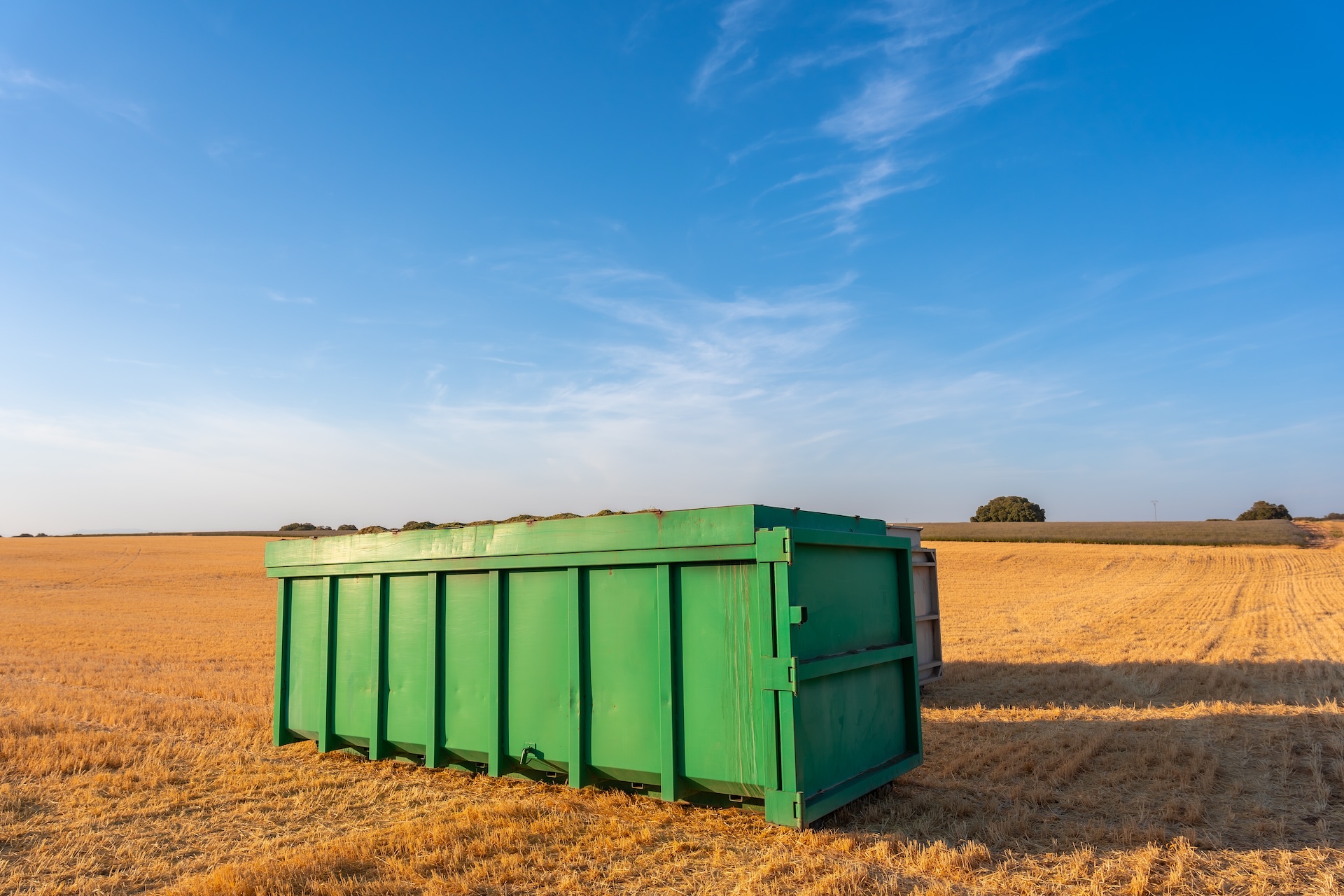Do Cabins Appreciate in Value? (Explained)

Cabins bear so much resemblance to conventional houses. The only difference is that they are typically smaller and serve unique functions.
They serve as an alternative home with a different personality, offering an escape from everyday routine. However, considering a cabin is a serious investment, prospective buyers often ponder whether cabins appreciate in value.
Cabins appreciate in value depending on the improvements executed on them over time. These improvements may include building a garage, walkway, snowmobile rail, basement, etc. The more improvements you make to your cabin, the higher the valuation whenever you decide to sell it.
While the current buzz surrounding cabin ownership is a reason to buy one, you must first determine whether it offers a fantastic ROI regarding value appreciation.
Hence, this post examines the subject while answering the crucial questions potential cabin owners may have before building or purchasing one.
Are cabins a good investment?
Buying a property can represent a short- or long-term investment opportunity. But while buyers can easily determine whether buying a house will be a good investment, they are primarily unsure about buying a cabin. So to clear this uncertainty, are cabins a good investment?
Cabins are an excellent investment into your lifestyle and financial future. While they serve as a cozy spot for getaways and vacations, they also offer you the opportunity to earn streams of extra income either through vacation rental or sale.
So instead of renting one, which costs more every time you visit, you can buy one and cut this cost. Owning a cabin can have your vacation set for life.
Additionally, when it’s not for personal use, cabin rentals offer you the opportunity to make passive income. This income is sufficient to help settle the maintenance costs of renovation and upgrades, and the more upgrades, the higher the value of your cabin.
You may also use the money generated from the cabin rental to fund a holiday getaway with your family elsewhere. The point to note here is that you'll enjoy many benefits from investing in cabins, provided you acquaint yourself with the two factors below.
The first one is buying at the right time. As you know, timing is crucial in everything - and investing in a cabin is no exception. So to ensure you enjoy a great benefit from your investment, shop for a cabin during the off-season when demand is low.
The second is choosing the right location. You'll be making a good investment if the cabin you buy is in a place with the best attractions. This may include a ski resort, a national park, a river, and scenic highways, among many others.
The finer the attraction, the better your chances of quickly securing clients interested in a vacation rental or regular cabin rental.
Is owning a cabin profitable?
Owning a cabin is highly profitable due to its capacity to function as a vacation rental. As a vacation rental, you can generate streams of passive income that go up to an average of $1,300 per night for a 3-bedroom cabin.
Apart from your earnings from vacation rentals, you get more profits on your cabin from the increase in its value. Depending on how it is maintained, the cabin's value appreciates, as the value of the land also does.
As the value of your cabin appreciates, you create an optional way to secure financing for large purchases and other investments. The value it appreciates over time will be a bargaining advantage if you ever decide to sell. An extension of this is the equity build-up.
Another profitable feature of owning a cabin is the opportunity for tax deductions. While rental income is generally taxable, you may enjoy a nice tax break if you use your cabins as vacation properties rented for less than 14 days a year.
You can meet a tax professional to acquaint yourself with the taxation differences between a cabin and a primary residence.
Although this is fascinating, the profits you'll accrue on your cabin are based on the investment you put into it. In other words, you'll profit more from your cabin if it is quality-updated with highly sought amenities.
If your cabin is used for vacation rental, ensure the cost of running the cabin rental doesn’t outweigh the income. You must be conscious of this to avoid running at a loss.
Do cabins hold or appreciate their value over time?
Cabins' value over time depends on how well they are built and the quality of their maintenance in terms of upgrades and renovations. In addition to the constant increase in land value, these factors offer cabins an overall good resale value.
The aforementioned are the core reasons a cabin investment property is considered a good investment. Whether you're building or buying, it is suitable for a short or long-term investment depending on your financial objective.
However, to make the best of your investment in a cabin, you have to prioritize the quality of the cabin. A poorly built cabin wouldn't have any selling point to travelers, let alone potential buyers. It will likely put them off because of its low quality and the expense of returning it to taste.
Hence, to ensure your cabins appreciate in value and you make a good profit from them as vacation rentals, you must make them sturdy, well-insulated, and weatherproof.
You can take this further by having a WiFi connection with high-speed internet, hot tubs, hiking trails, running electricity, and other basic amenities that make it an ideal vacation home.
These are the most convincing selling points you can give your cabin to ensure you get a good return on investment by the time you decide to sell.
Pros and cons of investing in a cabin
As fascinating as it is to invest in a cabin, whether for personal use or as a cabin rental, you must consider the pros as much as you weigh the cons. Doing this would enhance the quality of your choice for this investment.
Why is investing in a cabin a good idea?
Below are the pros of investing in a cabin.
Offers a home away from home
The activities of daily living are more overwhelming than people admit. While a typical home may serve as a resting space, a cabin offers a complete escape from all of it.
With its rustic charm and great outdoors, it is the perfect home away from home where you and your family can have vacations while enjoying scenic views.
It also comes with great privacy, depending on the location chosen and the number of family members you'll have there. Hence, buying a cabin improves mental health and overall well-being.
Provides a passive source of income through cabin rentals
Investing in a cabin provides you with an alternative source of income. Whether for vacation rental or regular rental, you will get decent earnings whenever it's not for personal use.
The fact that cabins are always in demand across seasons, whether cold or warm, means you can get this added income consistently once you make it a vacation home.
Once the income becomes significant, you can use it for whatever purpose you desire, like sorting maintenance costs, necessary repairs, washing and cleaning supplies for the kitchen and toilets, etc.
Affordable investment option
Property investment requires huge capital, but you only need a little to invest in cabins. This is the unique attraction it offers, which you can leverage.
If you conduct adequate research and observe all factors involved, you will make a great decision at the end of the day. The surge in demand for cabins is enough indication to tap into the market.
Provides a great ROI
You get a great return on investment when you get a cabin. This return may be in the form of the profit you make through rental or sale, depending on the quality of the cabin.
Through vacation rental, you can add a touch of luxury to the cabin while charging luxury rates in return. And through sale, you can ensure the quality maintenance of the cabin and add necessary facilities that enhance its value.
Tax deductions
Investing in a cabin for rental purposes can offer you certain tax deductions. You may not enjoy this benefit investing in other types of property.
Provided it's for rental purposes, you can get tax deductions on all repairs, utilities, insurance fees, property management, maintenance costs, advertising, etc. All of these and more make investing in a cabin a good choice.
Marketing ease
Your cabin will sell itself as long as its location is attractive. Nature lovers will naturally rent from you if the site and quality are right.
Your cabin's positioning in proximity to natural scenery like blue ridge mountains, seaside, lake, and other natural features with breathtaking views makes it seamlessly sellable. Your listing would stand out if you had high-quality pictures of your cabin.
The downsides of investing in a cabin
These are the cons of investing in cabins you should know about.
Difficult to manage from a distance
Cabins are always in a remote location, so they are always far away from where hosts live. This automatically makes it challenging to manage in cases of emergencies or guests' welfare.
Though there are solutions to this, the fact that nefarious things might happen and you won’t be there casts a shadow on the beauty of investing in cabins.
Require more maintenance
Buying a cabin means providing more maintenance. You’ll have to make provisions for extreme weather conditions and pest outbreaks while making the place comfortable across all seasons.
Failure to ensure routine maintenance would affect the quality of the cabin as a vacation home, thereby reducing its value. It'll also affect its resale value when you decide to sell.
Running a vacation rental may be exhausting
Whether running a vacation rental or not, you may be responsible for basic maintenance practices like restocking towels and linens, answering guests' requests, overseeing regular maintenance, etc.
Doing this can be exhausting, especially if you don’t plan to outsource these functions. You may have to fill in as the repair technician, housekeeper, front desk agent, and more to have a well-run cabin rental.
Nonstop marketing
You must market your cabin before you can profit from it as a vacation rental property. This marketing can go on for an extended period and may wear you out if you're not resilient.
It requires you to have a good marketing pitch, write compelling listing descriptions, take eye-catching pictures, and decorate the cabin rental to suit modern guests' demands. It may seem like there's no end to these when you begin, and you may be discouraged.
Higher taxes and insurance
Cabin rental for more than 14 days a year attracts federal taxes on rental income. If the cabin is also in a remote area, you'll likely pay higher insurance.
While you can discuss the intricacies of tax rules with a professional, the fact that investing in a cabin requires more maintenance also enhances the cost of insurance.
Susceptible to damage
The fact that cabins are in remote locations makes them vulnerable to damage caused by wild life, storms, forest fires, and other harsh weather conditions.
So to invest in log cabins, you have to keep this possibility in mind and make adequate preparations that’ll mitigate the effect of the damage whenever it occurs.
Takeaway: Get an attractive return on investment by buying a cabin

Cabins have great appreciation value as long as they are properly maintained. This value brings a significant and handsome return on investment when you decide to buy one. It is profitable and an excellent investment to venture into.
However, before investing in log cabins, be sure to have carefully weighed the advantages against the disadvantages. This is the most practical way to maximize your investment, so you must prioritize it in your decision-making.
Tiny House offers multiple options of cabins to invest in to get a great return on your investment.









